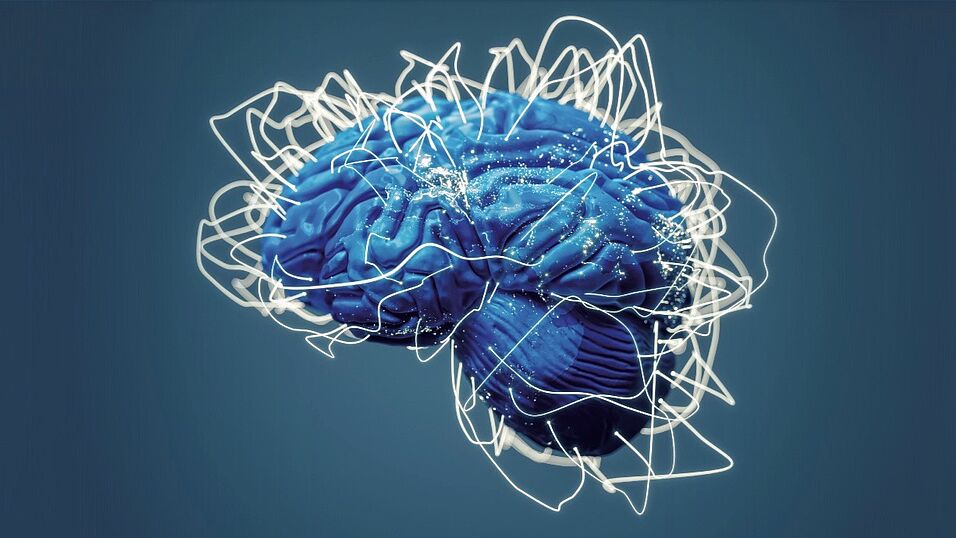Our Labmanager Team of the Vienna CogSciHub is introducing the new developed Study Participant Platform - SPP - to support our research members to reach the required and specific target groups for their experiments.
More information coming soon!
Our Labmanager Team of the Vienna CogSciHub is introducing the new developed Study Participant Platform - SPP - to support our research members to reach the required and specific target groups for their experiments.
More information coming soon!
